What is Abuse?
What is Child Abuse?
Child abuse can be constituted by a single incident, or a number of incidents that occur over time. It doesn’t matter how much a child has been harmed, but whether they have been harmed, are being harmed, or are at risk of physical, psychological, or emotional harm.
Types of Abuse:
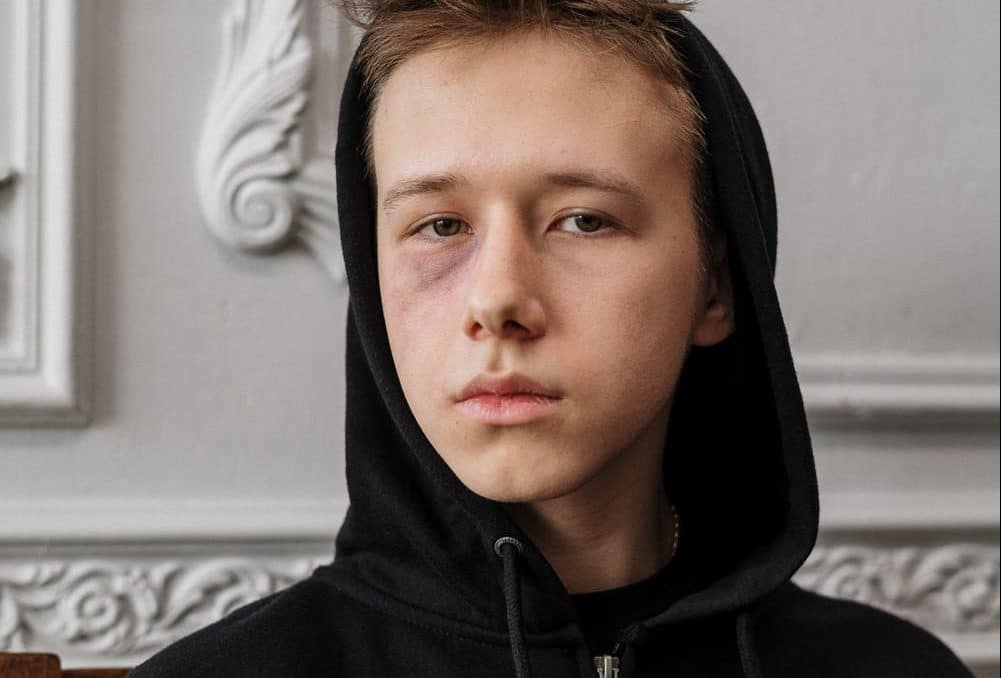
Physical Abuse:
Sometimes it can be difficult to know if your instincts about child abuse and neglect are right. There are often behavioural or physical signs of stress when a child has been, or is experiencing abuse. Physical abuse can include:
- Shaking
- Hitting, punching, smacking or kicking
- Burning
- Pinching or biting
- Female genital mutilation.
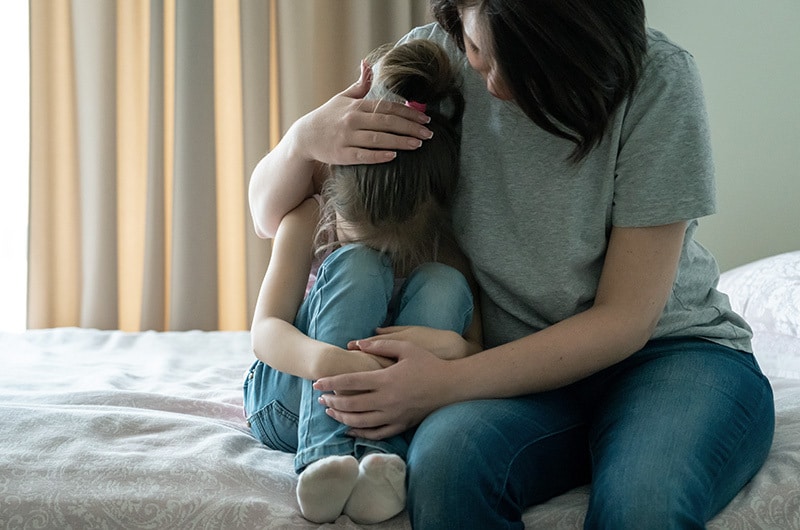
Sexual abuse:
Sexual abuse can be physical, verbal or emotional and happens when an adult, adolescent or another child uses power or authority to engage a child in any form of sexual activity. It can include:
- Sexual touching or kissing
- Talking in a sexually explicit way that is inappropriate for the age and development of the child, including via phone, email, text and other forms of communication
- Persistently intruding on a child’s privacy
- Exposing a child to pornography or sexual acts
- Forcing a child to pose or perform sexual acts
- Any form of penetration or oral sex.
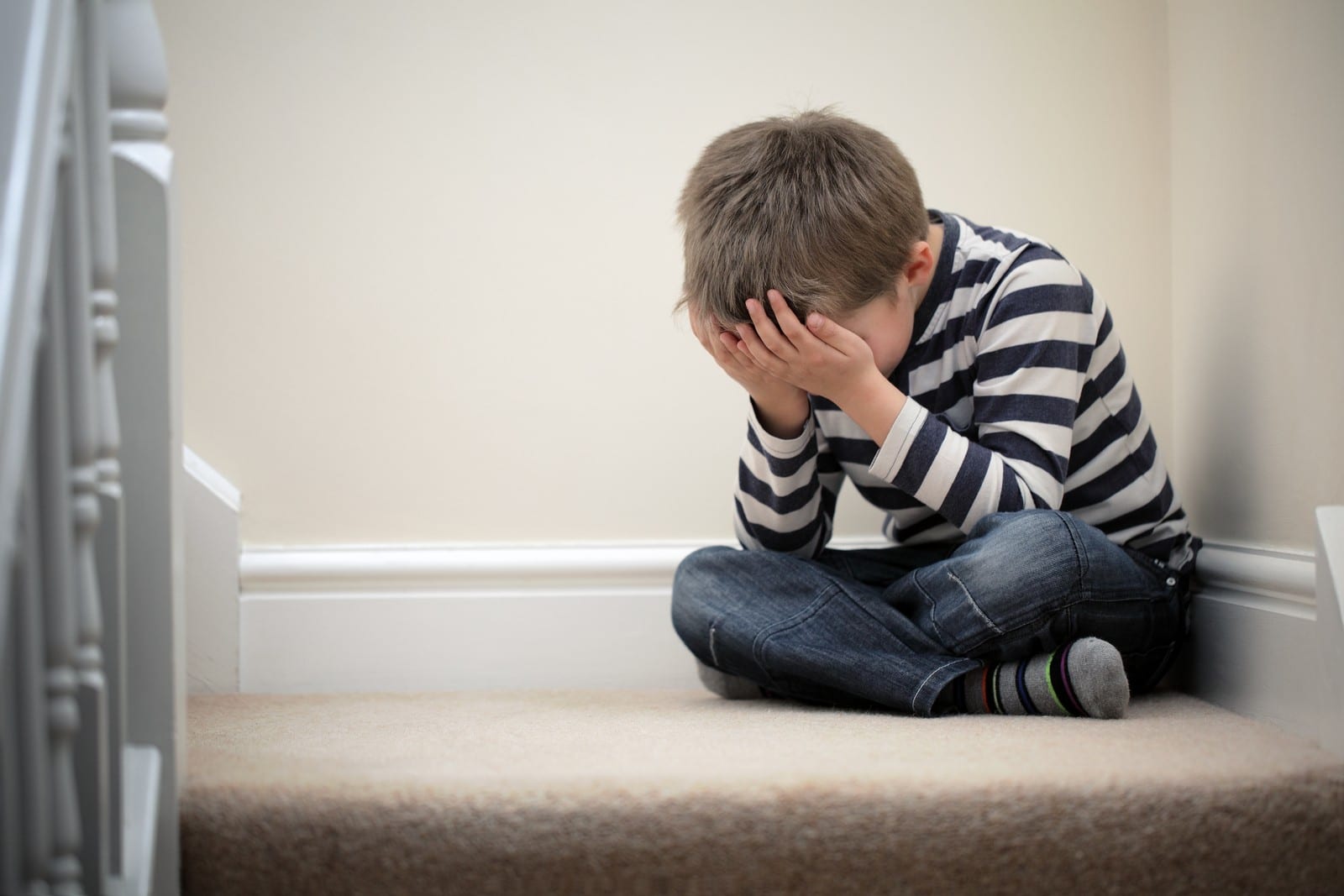
Emotional abuse:
Emotional abuse occurs when a child’s emotional, social or intellectual development is threatened or impaired. It happens when an adult repeatedly makes a child feel frightened, ashamed, upset, alone or worthless. Emotional abuse can include:
- Excessive yelling, threats and using fear
- Persistent criticism, teasing, bullying or embarrassing and humiliating a child
- Rejection and hostility
- Witnessing domestic violence
Effects of Child Abuse and Neglect:
The effects of child abuse and neglect can be significant and lead to lifelong problems. It can impact a child’s brain development, how they feel and think about themselves, how successful they are at school, even their physical development and skills. In the long term, it can lead to drug and alcohol abuse, mental illness, difficulty developing and maintaining good relationships, unemployment, and all sorts of social disadvantage all due to their childhood experiences, and not their fault.
In 2022-23
over 45,400
cases of child abuse were confirmed
More than
501,000 reports
were made to child protection services in Australia
Over
21,000 kids
accessed therapy services with Act for Kids last year
Our Services
Our specialist team supports children, young people and families at our 30 centres across the country.
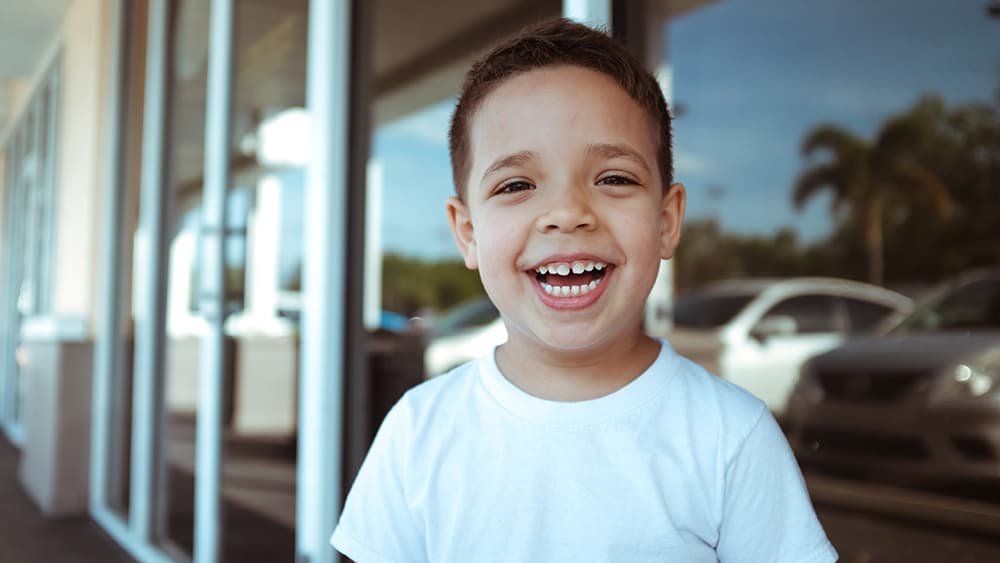
Therapy Services
Enhancing the wellbeing of kids and young people who have experienced trauma or are at risk of harm.
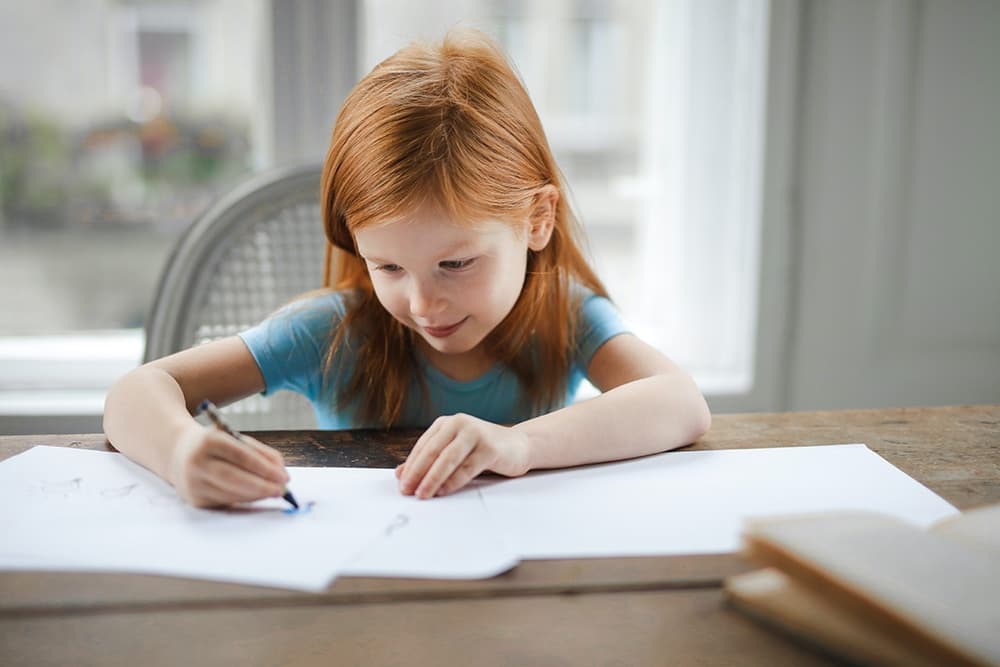
Education Services
Includes our internationally recognised Protective Behaviours program, our Early Education Program, and our in-home parent education curriculum.
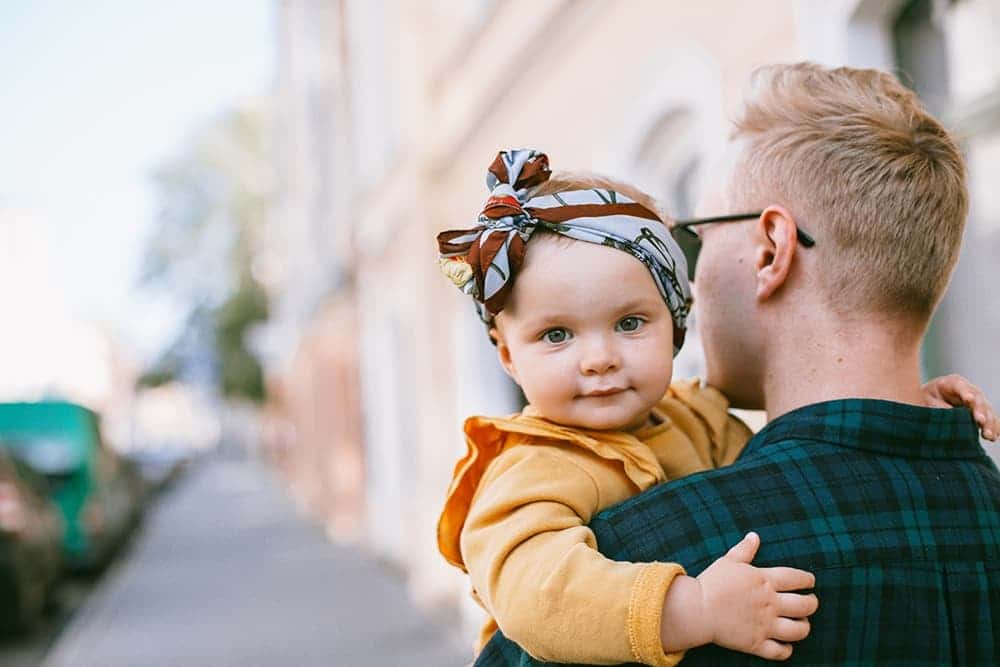
Family Support
Support for parents and family members who may be feeling overwhelmed, or need help to reconnect as a family.
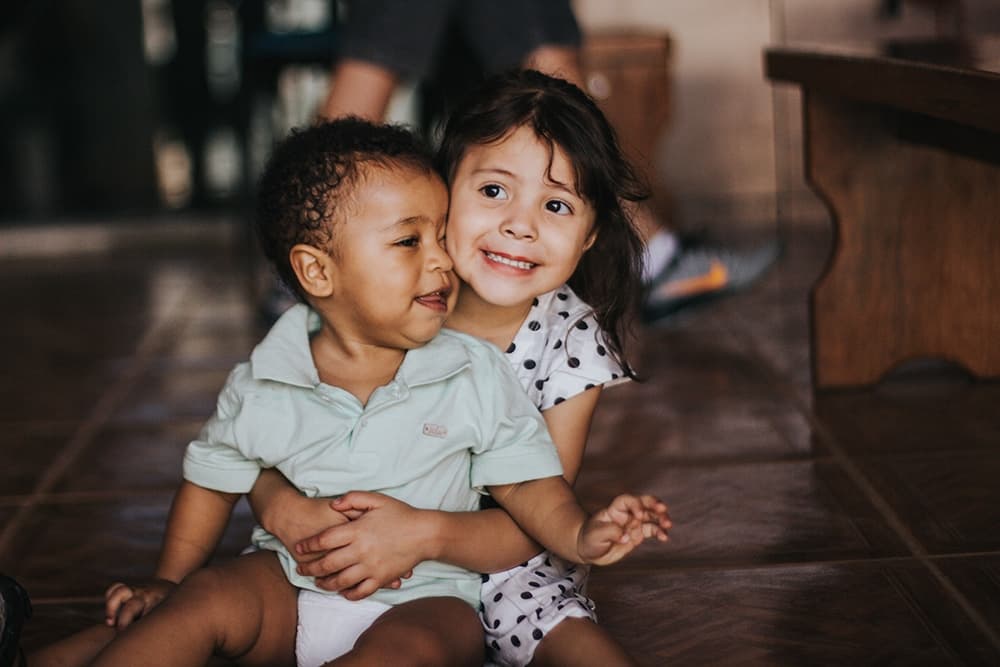
Counselling Services
Offering children and their family the support they need to raise happy, healthy kids and enjoy positive family relationships.